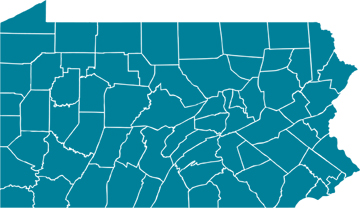DPW Announces Selected Co-Payments
The Department of Public Welfare (DPW) has issued a Medical Assistance Bulletin to announce that it “is implementing copayments for services provided to children with disabilities, under the age of 18, who are eligible for Medical Assistance (MA) under the PH95 category” – that is, with incomes greater than 200 percent of the federal poverty level. Find that bulletin here. The state further elaborates on why it has adopted this policy in this Pennsylvania Bulletin notice .
.




